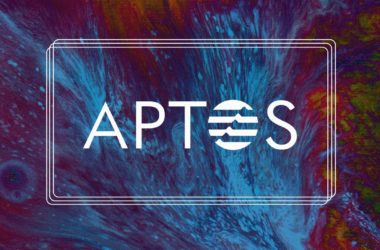Quick take:
- The technology allows developers to store 100 compressed token accounts for around 4 hundred thousandths of one sol.
- Developers and users can choose to compress their on-chain state, where only state roots are stored in on-chain accounts.
- This allows them to reduce state costs by orders of magnitude while preserving the security, performance, and composability of the Solana L1.
Light Protocol and Helius Labs have teamed up to introduce “ZK Compression” on Solana. This new technology primitive allows developers to build applications at scale, according to documentation.
According to the document, “Solana programs can mix and match between compressed and regular on-chain state, allowing atomic interaction with multiple programs, accounts, and compressed accounts.”
With a compressed state, only state roots are stored in on-chain accounts, which allows them to reduce state costs by orders of magnitude while preserving the security, performance, and composability of the Solana L1.
The documentation also indicates that the technology allows developers to cut PDA account storage costs by up to 5000x, allowing them to store 100 compressed token accounts for ~0.00004 SOL versus an equivalent of 0.2 SOL on a regular on-chain state.
While compressed accounts are similar to regular Solana accounts, there are some differences.
Compressed accounts are stored in what the primitive refers to as “sparse state trees”, whereby, “only the tree’s state root (small fingerprint of all compressed accounts) is stored in the on-chain account space.”
Each compressed account is identified by its hash and each write to a compressed account changes its hash, the document explains. An address can also be optionally set as a permanent unique ID of the compressed account.
This is how the protocol can store states as call data in the less expensive Solana ledger space instead of costly on-chain account space.
Giving an example of a token airdrop to 1,000,000 users, Helius Labs founder Mert Mumtaz on X explained that it would only cost $50, ~5,200 times cheaper compared to $260,000 that would be paid for the state alone in regular token accounts.
Stay on top of things:
Subscribe to our newsletter using this link – we won’t spam!



